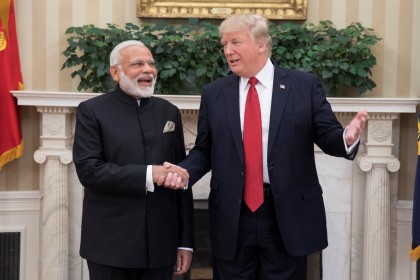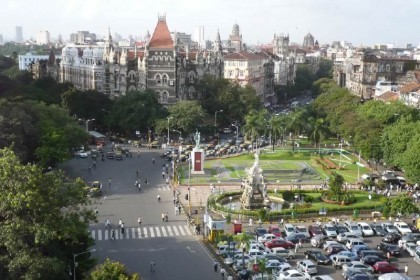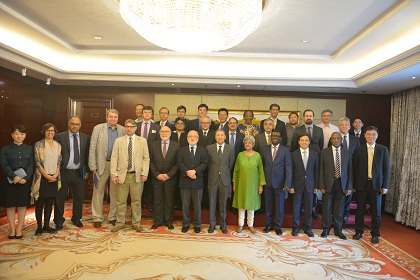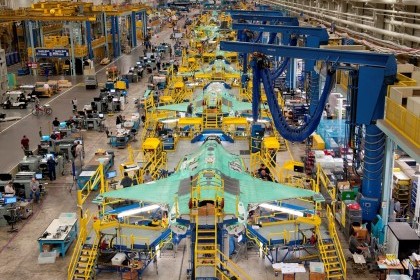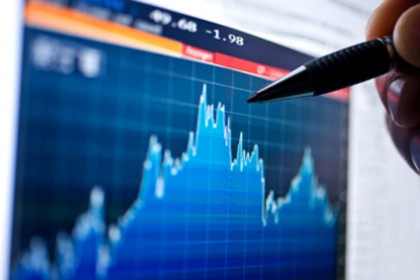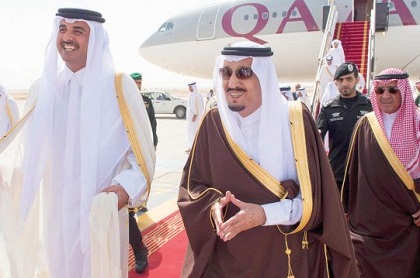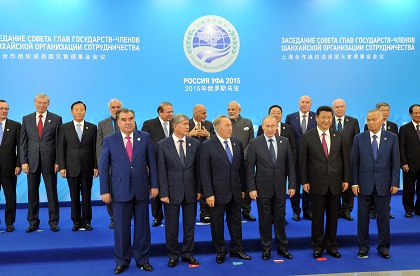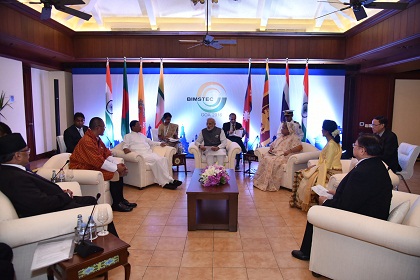Modi-Trump: starting strong
The India-U.S. strategic partnership endures even in the current state of flux, with the joint statement that President Trump and Prime Minister Narendra Modi issued holding the seeds of greater cooperation. The statement is sharper on Pakistan and China and softer on contentious bilateral issues

